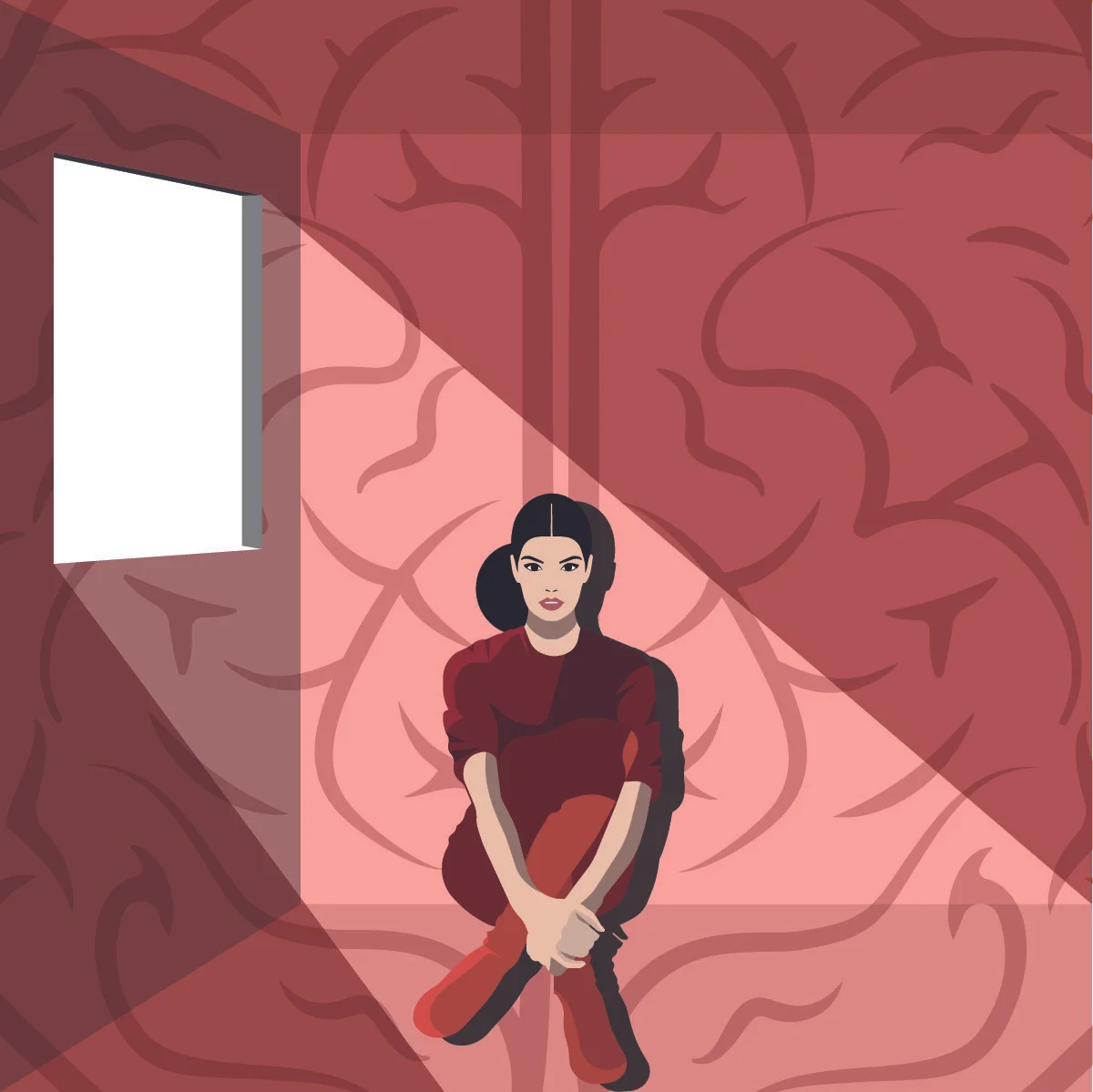We may all have heard the term ‘fight or flight’, but did you know that this instinctive response also causes your rational thoughts to shut down? It literally hijacks your brain and turns off the frontal lobe.
When you feel a threat, that’s your amygdala sending signals to prepare your body to fight or flee. When this happens, you may react quickly without rationally thinking things through. The brain is hijacked by the amygdala, shutting down logical thinking, conscious thought and sensory perception a.k.a. your emotional intelligence.
What actually happens when the amygdala hijacks your brain?
YOU FIGHT: Aggressively push your own interests or points of view; discredit or invalidate others.
YOU FLEE: Avoid discussion; give-in regardless of merit or agreement.
YOU FREEZE: Passively disagree, disengage; Conceal emotions, vent frustrations outside of meetings.
Even though today’s threats might not be for physical survival, there are psychological stresses that can happen at work that trigger the amygdala and affect your ability to maintain control and fulfill your professional goals. For women (as well as men), it’s important to be mindful of what might set you up for hijacking.
What triggers ‘fight or flight’ in the workplace?
Condescension and lack of respect
Being treated unfairly
Being unappreciated
Being held to unrealistic outcomes or deadlines
Feeling that you’re not being heard or listened to
How can we bring the brain back to the conversation?
The key is be aware of what triggers your fight-or-flight response, what stresses or threats do you perceive, so you can postpone reacting. Or worse, overreacting and potentially marginalizing your influence or reputation by the aftermath.
It only takes about 6 seconds for the hormones produced by the amygdala to dissipate, so the key is to wait (breathe!) until the impulse subsides. Another tactic is to write down your thoughts and analyze the situation on paper, forcing the logical side of your brain to engage. Most importantly, identify what triggers you so you can be better prepared in advance. Remember to talk to your manager if conditions in the workplace persist.
what if you are the manager?
As a leader in your company, it is just as important to be aware of what’s causing the triggers and take action to prevent these in the workplace. Think of fear as an inhibitor to peoples’ initiatives, innovation and creativity. Fear limits teamwork and ultimately performance.
Ensure people feel heard
Ensure people feel respected
Help people see a way out - there are options
Remind people they have a choice in how they react
Remember, someone didn’t hijack your brain. Your amygdala did.
-Brittany Marley


